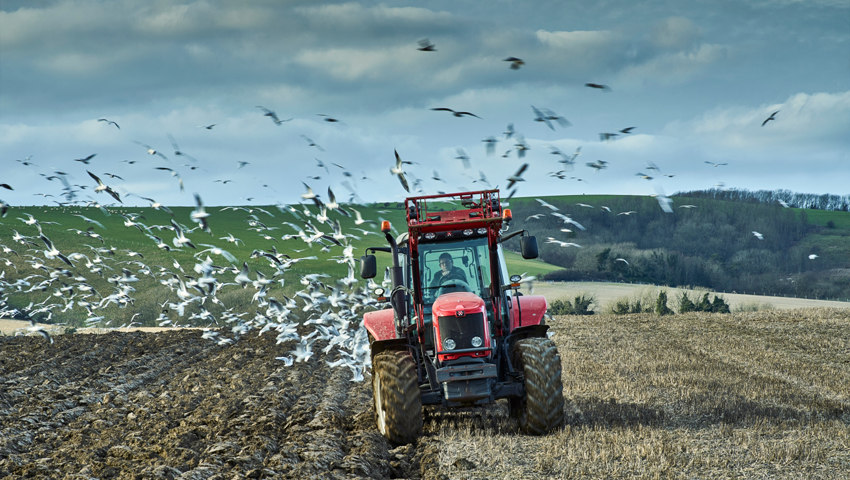DEFRA has announced new measures to support tenant farmers and the long-term sustainability of the tenant farming sector. The government says that tenant farming will be at the heart of its work to grow and support the rural economy.
The measures, announced in response to the independent Rock Review, agree with the review’s key recommendations and include a new Farm Tenancy Forum which will work to consider the unique challenges facing the sector, facilitate more collaborative relationships between landlords and tenants, and help to shape farming policy.
The Farm Tenancy Forum will be co-chaired by Julian Sayers and will provide regular feedback to government, strengthening Defra’s relationship with the sector.
Baroness Kate Rock said “I welcome the Government’s commitment to the agricultural tenanted sector and its willingness to focus on how the objectives of the Rock Review can be delivered.
“I would, however, have liked the response to fully recognise all the findings of the Review, in particular regarding the increase in new clauses being inserted into Farm Business Tenancies, and on tenants engaging in diversified activities. Whilst I welcome the new Farm Tenancy Forum, this must be focused on implementing the findings of the Review to be successful.”
The Government will also launch a Call for Evidence this summer on the proposal for a Tenant Farming Commissioner in England, considering the benefits this could bring and how it might work in practice.
This builds on the actions we’ve already taken to help tenant farmers benefit from our Environmental Land Management schemes (ELMs) and a consultation launched at Budget on potential inheritance tax reforms, in line with the Review recommendations.
Farming Minister Mark Spencer said “At the centre of [the Rock] review was a call for tenant voices to be heard by government and that we remove barriers to accessing our farming scheme.
“That’s what we’re delivering – both through the measures announced today and in the progress that we have made over recent months, and I look forward to working with the tenanted sector to help make sure we’re delivering on their priorities into the future.”
The Rock Review was published in October 2022, led by Baroness Rock and the Tenancy Working Group, with input from all parts of the tenanted sector including tenants, landlords and agents.
The government’s response can be found here.
In its statement, Defra also set out other ways in which it is supporting tenant farmers:
- Tenant farmers have been involved in our pilots, tests, trials and engagement groups to help us work through the detail of our policies and schemes and come up with ways to make them work for tenant farmers.
- Made productivity and capital grants, such as those available through the Farming Investment Fund, available for both landlords and tenants.
- Specifically added the responsibility for tenancy policy to the Ministerial portfolio of the farming minister.
- Worked with the tenant and landlord organisations such as Tenant Reform Industry Group (TRIG) to find practical and achievable ways to enable more tenant farmers to contribute to England’s tree-planting ambition. For example, we’ve made sure that both the tenant and landlord will need to agree to any England Woodland Creation Offer (EWCO) on tenanted land.
- Developed guidance for how tenants can approach tree planting and woodland schemes such as EWCO. This guidance is now published by the TRIG on the Central Association of Agricultural Valuers (CAAV) website.
- Added a £20 per hectare management payment for the Sustainable Farming Incentive to help smaller farmers, including tenants, cover administrative costs.
- Made it a requirement for Landscape Recovery that applicants need to engage with tenants and confirm their support as part of their application.
- Made changes to the Farming Equipment and Technology Fund (FETF) scheme to allow local authorities to be the applicant.
- Confirmed that we would deliver the aims of the Local Nature Recovery (LNR) scheme by evolving Countryside Stewardship (CS) instead of building an entirely new scheme. This is in line with the Review’s recommendations, as tenants are already familiar with the way it works.
